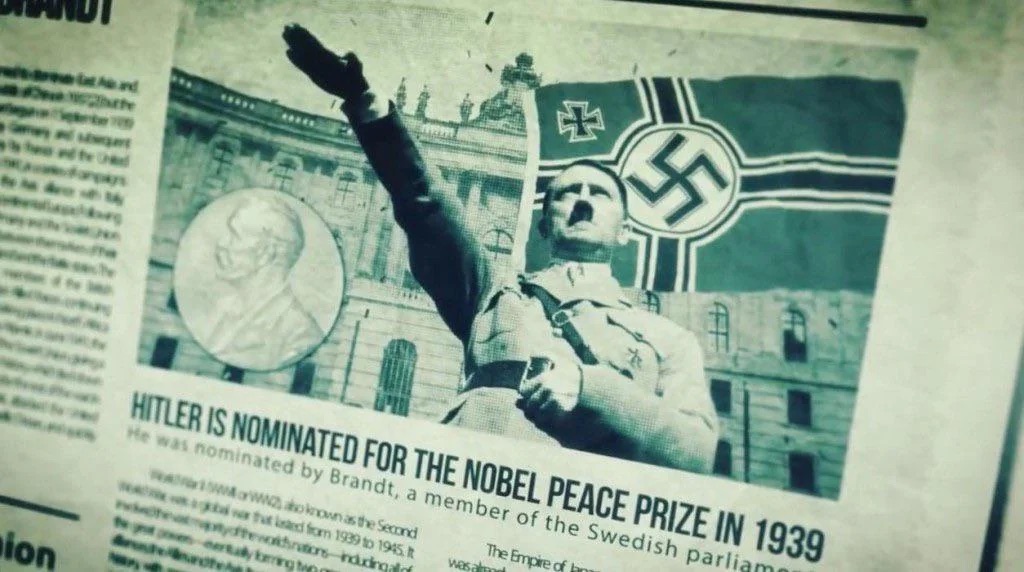Trump says US ‘knocked out’ facility. Was there a Venezuela strike?
Read More »Tag: Nobel Peace Prize
WHO GETS VENEZUELA’S OIL? | STANDUP COMEDY
The Ignoble Nobel: from Hitler to Kissinger to Machado

Much to the disappointment of US President Donald Trump, on 10 October the Norwegian Nobel Peace Prize was awarded to Maria Corina Machado.
Michael Parenti called it the “Nobel Peace Prize for War.”
Related:
María Corina Machado is the female Javier Milei (aka US Puppet)
Gimenez: The Tweets and the Foreign Lobbying Firm
US Authorizes CIA Violence in Venezuela, Then Blames Venezuela For It…
The US already openly announced the CIA is conducting operations inside Venezuela, then says “Venezuela” is doing it to themselves to blame the US or its terrorist proxies inside Venezuela…
The NYT had reported:
“The new authority would allow the C.l.A. to carry out lethal operations in Venezuela and conduct a range of operations in the Caribbean.
Read More »
The Atlantic: Why Venezuela?
𝕋𝕙𝕖 ℕ𝕠𝕓𝕖𝕝 ℙ𝕖𝕒𝕔𝕖 ℙ𝕣𝕚𝕫𝕖 𝕓𝕪 🇮🇪𝕀𝕣𝕚𝕤𝕙 𝕡𝕠𝕖𝕥 𝕊𝕥𝕖𝕡𝕙𝕖𝕟 𝕄𝕦𝕝𝕝𝕚𝕘𝕒𝕟
Oh what a surprise,
Goes to María Corina Machado
A supporter of Trump and Bolsonaro,
A woman who supports Netanyahu
A wanted war criminal.
What’s wrong with this Norwegian team,
It seems they don’t know what “Peace” means!
Trump Orders CIA War On Venezuela +
The New York Times reported today that Donald Trump has authorized a covert CIA war to overthrow the Venezuelan president Nicolás Maduro and install a puppet government.
Related:
Read More »
Western Puppet Wins Nobel Peace Prize, as Usual
Ukraine: Anti-corruption, civil society and foreign partners
Former U.S. President Jimmy Carter Passes Away at 100
ATLANTA (Dec. 29, 2024) — Jimmy Carter, 39th president of the United States and winner of the 2002 Nobel Peace Prize, died peacefully Sunday, Dec. 29, at his home in Plains, Georgia, surrounded by his family. He was 100, the longest-lived president in U.S. history.

You must be logged in to post a comment.